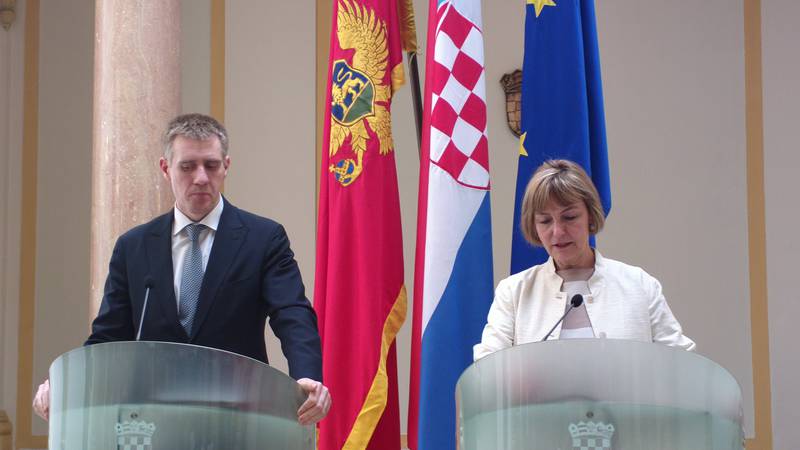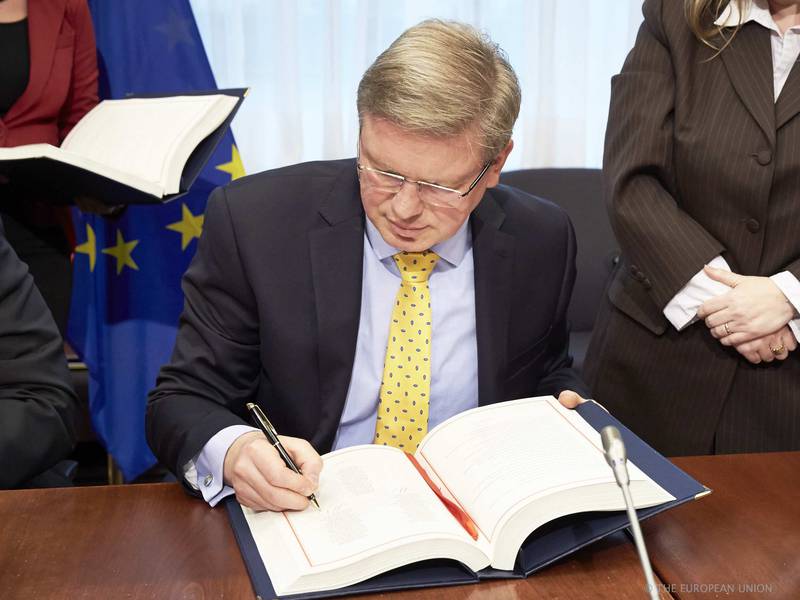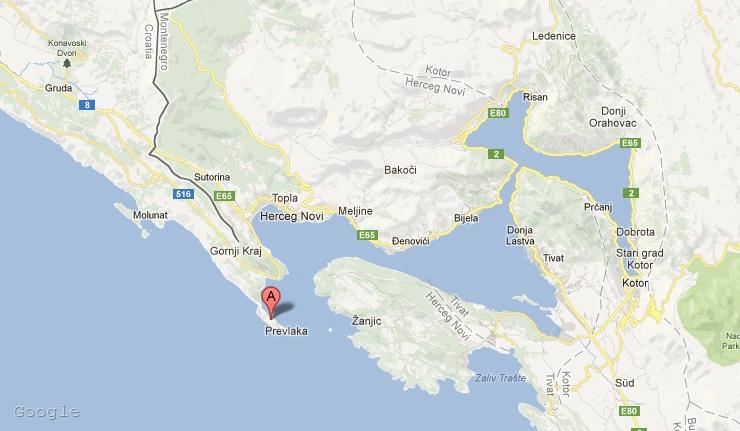Montenegro – Towards EU with Milo Djukanovic
Dessislava Dimitrova, October 23, 2012
 Montenegrins are known for several things: its picturesque nature, their famous laziness and … Milo Djukanovic. Everybody is so used to his over 20 years presence in politics that even some of the devoted have forgotten that he has not been a prime minister of the country for two years. Leaving the post, however, did not mean that he had pulled back from politics and the results from the last parliamentary results prove this – the “European Montenegro” coalition, led by him, gained 39 out of 80 seats in Parliament and following the elections it will be in search for support from the smaller parties to form a new government.
Montenegrins are known for several things: its picturesque nature, their famous laziness and … Milo Djukanovic. Everybody is so used to his over 20 years presence in politics that even some of the devoted have forgotten that he has not been a prime minister of the country for two years. Leaving the post, however, did not mean that he had pulled back from politics and the results from the last parliamentary results prove this – the “European Montenegro” coalition, led by him, gained 39 out of 80 seats in Parliament and following the elections it will be in search for support from the smaller parties to form a new government.
In fact, the elections in Montenegro on October 14 were called by the ruling party which thus wanted to see the voters' confidence confirmed. (At the presidential elections in neighbouring Serbia, a similar move played badly for President Boris Tadic, but here there were no surprises.) As Montenegrin political analyst Drasko Djukanovic wrote on Al Jazeera Balkans blog: "At these elections, the Montenegrin authorities managed to achieve what none of the neighbouring countries, and even none of the EU countries, has ever managed to do – in the middle of the economic crisis the ruling coalition to remain the most powerful political factor”.
Because of their dissatisfaction with the austerity measures, last December the Croats put an end to the hegemony of the Democrats and for a second time in the 20 years history of independence of the country the Social Democrats, this time led by Zoran Milanovic, came to power. A similar outcome could be seen in neighbouring Serbia, where the Democratic party not only lost the battle, but now its own first men are fighting for leadership in it. In Montenegro, there is a change as well and it is that for the first time since 2001 Djukanovic's party will not be able to govern with an absolute majority.
But there is another reason, too, why these elections are so important not only for Montenegro, but also for the region and for Europe at large. And it is that the new government, whichever it is, will be leading the country on the EU accession path. Montenegro has started accession talks in June and under the latest progress report of the European Commission, the country is a leader in this process, compared to the Western Balkan countries which, except Croatia (the country will become a full EU member next July), have not yet received a date for start of accession negotiations and some of them do not even have a candidate status.
In the EC assessment, presented by EU Enlargement Commissioner Stefan Fule, it is said that the beginning of the negotiations is an important step not only because it shows that Montenegro has implemented the needed reforms, but “it was also about overcoming prejudices shared by many Europeans about Montenegro's actual commitment to good governance and about overcoming prejudices in Montenegro about EU conditionality.The start of the negotiations marks a new big chapter in relations between Montenegro and the European Union, which was only possible because of the broad national consensus around this goal and the support for reforms,” Fule added.
He also said that more concrete results will be needed in the fight against corruption and organised crime and that independence of justice needs to be further strengthened including through constitutional reform. These are so important issues for both Montenegro and the EU that they will be at the very heart of the negotiations process from the very beginning until the very end, to give time for the impact of reforms to be  clearly seen, and clearly felt, he said. He also underlined the maybe most important point in the accession process: that it is not just a goal by itself, but a way to modernise the country and improve the life of its citizens.
clearly seen, and clearly felt, he said. He also underlined the maybe most important point in the accession process: that it is not just a goal by itself, but a way to modernise the country and improve the life of its citizens.
As for the Djukanovic era, however, Stefan Fule made it clear while answering a question from a journalist at the press conference that followed the presentation of the reports, that “you cannot cope with the challenges of the future unless you deal with your past.” He also warned that this was not directed to anyone or any country in particular. "You should see what was good and what bad. The full potential will never be unlocked, if you do not do that", he concluded.
 Igor Luksic, Vesna Pusic | © Council of the EU
Igor Luksic, Vesna Pusic | © Council of the EU Stefan Fule | © Council of the EU
Stefan Fule | © Council of the EU | © Google
| © Google